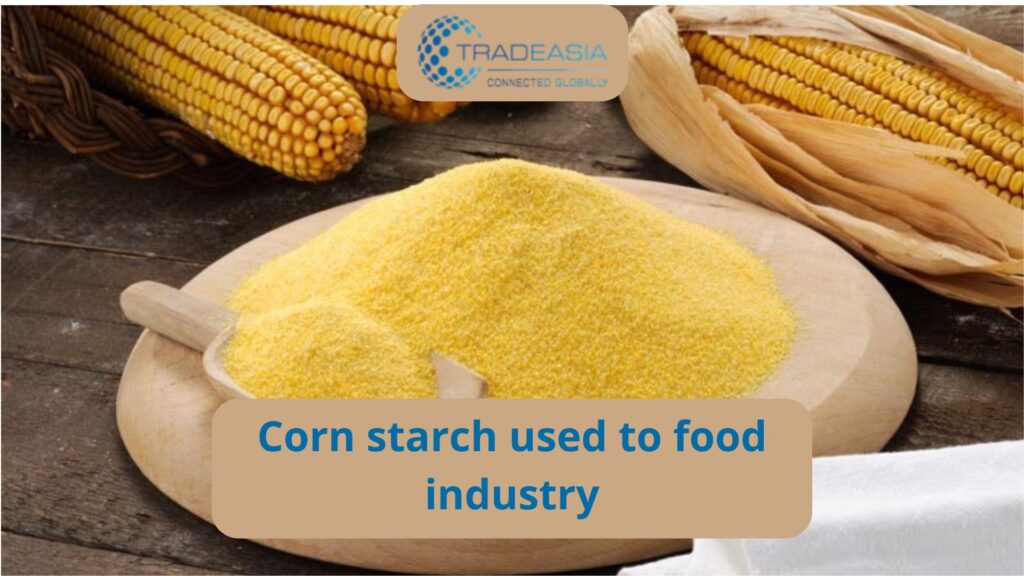
Corn starch, or cornstarch, is a white powder produced from the endosperm of corn kernels (corn) through a separation and milling process. It is a material that is widely used in various industries due to its versatile nature. Corn starch is commonly used as a thickener, binder, stabilizer, and anti-clumping agent in food products.
In the food industry, corn starch (maize starch) is widely used for several purposes:
Thickening Agent: Corn starch is commonly used to thicken sauces, soups, gravies, and desserts like puddings. It creates a smooth texture without altering the flavor of the food.
Baking: It is used in baking as a gluten-free alternative to flour, helping to lighten the texture of baked goods like cakes, cookies, and pastries.
Stabilizer: In products like custards, sauces, and pie fillings, corn starch helps maintain consistency and prevent separation.
Binding Agent: Corn starch is used to bind ingredients together in processed foods like sausages, meat products, and snacks.
Anti-Caking Agent: It prevents clumping in powdered foods like baking powder, powdered sugar, and grated cheese by absorbing moisture.
Confectionery: Corn starch is used in the production of candies and sweets, both as a dusting agent and as a thickening agent for gels and syrups.
Corn Syrup Production: Corn starch is a key ingredient in the production of corn syrup, a sweetener used in a wide range of processed foods and beverages.
Conclusion
Corn starch plays a significant role in the food industry due to its versatile properties. As a thickening, gelling, and stabilizing agent, it is widely used in products like sauces, soups, puddings, and bakery items. Corn starch enhances texture, consistency, and appearance, improving the overall quality of food products. Its neutral flavor makes it ideal for various culinary applications without altering taste profiles. Additionally, corn starch is a cost-effective ingredient and serves as a key component in gluten-free products, making it essential in the modern food processing industry.
